The state of Kentucky has been abuzz the last few weeks over the rumors swirling regarding a possible National Basketball Association (NBA) expansion franchise coming to the commonwealth’s largest city of Louisville. Rumors they may be, the excitement especially in the Derby City is certainly palpable.
Of course, professional basketball would not be an original concept for the state, as the Kentucky Colonels was one of the most successful franchises, in terms of both revenue and on-court product, in the now-defunct American Basketball Association (ABA). Winning the ABA championship in 1975, the Colonels were one of the remaining six ABA teams to avoid folding before the ABA-NBA merger in 1976; however, only four ABA franchises joined the NBA, Louisville not among them, leaving the city without professional basketball for the first time in nearly a decade. The 1975 championship banner still hangs in the rafters of historic Freedom Hall.
The rumors of a rebirth for professional basketball in Louisville began with a new collective bargaining agreement (CBA) between the NBA’s players and owners which was thought to include provisions called expansion escalators that would make the prospects of adding franchises more ideal for the league. Although such language was not included in the final draft of the CBA, reports of impending expansion continue to flow. The excitement has persisted for several reasons.
Adam Silver, the commissioner of the NBA, maintains that expansion at some point in the next several years is not off the table. Additonally, Louisville City Councilman Dan Johnson tweeted on January 18: “I have been working on getting the nba in Louisville this week!”
I reached out to the councilman, who had this to say about the situation: “It will help our state to have the Kentucky Colonels back. I want to be able to go to an [professional] game as I did as a child with my dad. I have worked on this for 20 years. It looks like it may be real, even though there are doubters.”
When asked about the timeframe for such expansion, Councilman Johnson said things could come to fruition in 2018-19.
However, Councilman Johnson has not released his source for much of this information, and hence the Louisville Metro Council refuses to file a permanent resolution indicating official support of NBA expansion to Louisville.
Proponents of the NBA’s potential expansion to Louisville cite the city’s lack of any “big four” professional teams, the revenues generated by college basketball in the state, the former success of the ABA Colonels, and the KFC Yum! Center being an NBA-ready facility as reasons the city deserves a franchise. In fact, the Yum! Center would be among the largest arenas used by any NBA team. However, it would be impossible for the NBA to play there under current circumstances, as University of Louisville athletics currently have scheduling priority.
So, all things considered, could the NBA be coming to Louisville? Ask again in several months.




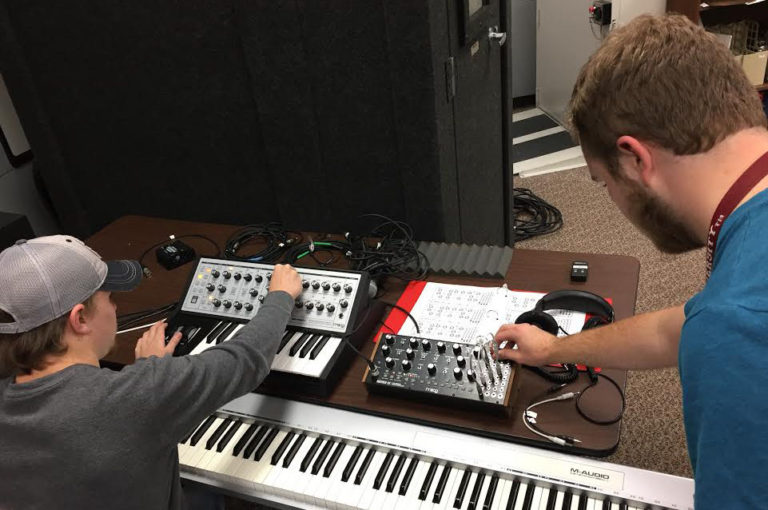
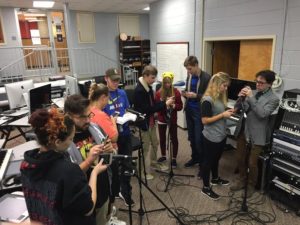

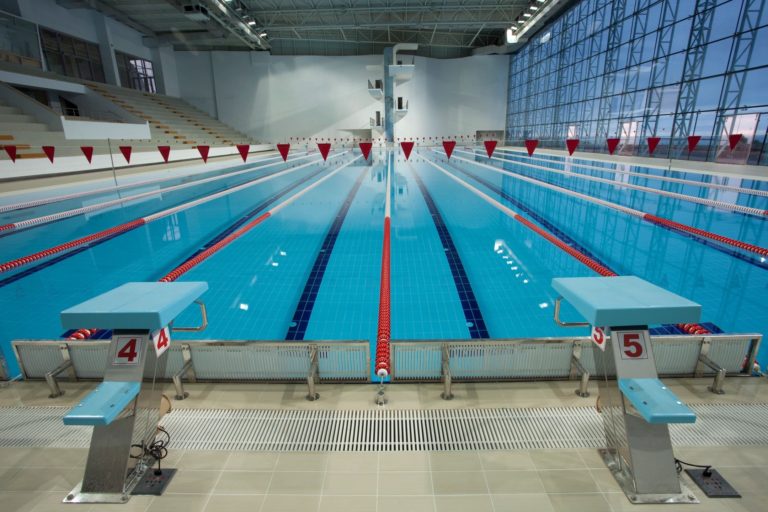

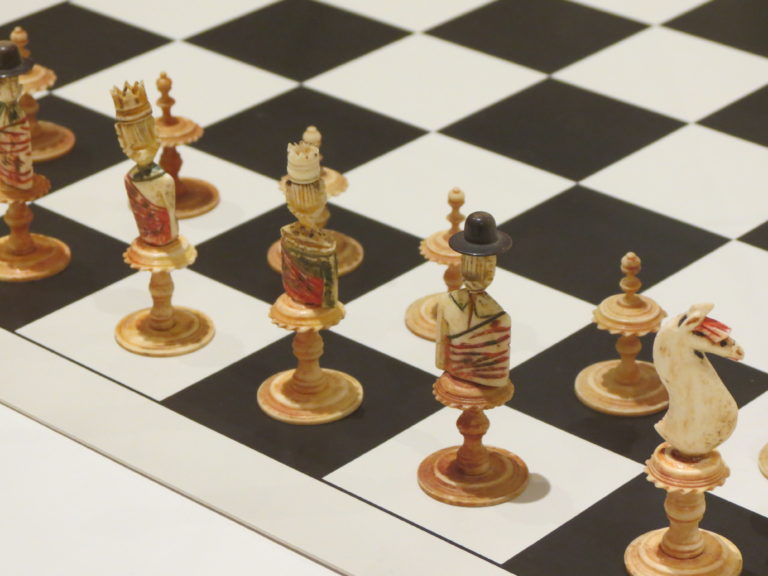

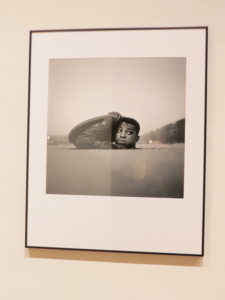








Transy should have its own undergrad research journal. Here’s why.
This is Part 2 of a 2-Part series arguing that Transy should charter its own undergraduate research journal. Read Part 1 here.
When discussing the benefits of publishing scholarly research, much of the attention (rightly) focuses on the benefits to the authors. However, since this is an argument for chartering an undergrad research journal here at Transy, it’s only reasonable to also examine the benefits of publishing research gained by the publishing institution itself. In this case, that’s Transy.
Let’s start by looking at the purely intellectual argument for publishing. As a liberal arts college, Transy encourages its students to look into, study, investigate, and research a fantastically broad and eclectic hodgepodge of areas of study. Some of these areas, naturally, are more obscure than others. In research terms, that means there are areas of study that are of interest to Transy students that have an underdeveloped literature. In short, there may not be a lot written about an area that a Transy student is interested in . It only naturally follows that this is an opportunity for that student to research and publish in that area. Not only is this of benefit to the student, it is also to the benefit of Transy as an institution dedicated to the furthering of its students’ knowledge. Not only allowing but actively encouraging students to pursue their academic and intellectual interests is the highest goal of a liberal arts institution like Transy. And chartering a journal to help students do so is itself a step in fulfilling that goal.
However, we also live in the real world. So pie-in-the-sky intellectual arguments don’t by themselves carry the day. Let’s look at some more concrete benefits to the university.
While Transy is a liberal arts college, not primarily a research institution (like, say, UK), it’s undeniable that most college and university reputations are build in significant part by the quality and quantity of the original research they produce. As a university that’s currently attempting to figure out its place in the changing landscape of modern academia, Transy has a chance to create a culture of not just scholarship, but scholastic achievement, where the work done by Transy students has a chance to gain a wider audience and influence. This will in turn boost Transy’s regional, national, and international profile, giving the school a reputation as a place for students who are serious about their academic work.
Such a reputation, of course, would also help Transy in the never-ending recruitment search. Undergraduate journals are not so uncommon as to be unique, but they’re hardly an expected feature of the American university. Because of this relative scarcity, Transy could use the existence of its own undergrad journal as another selling point by which it distinguishes itself from all the other possible institutions a prospective student could attend. And even if the existence of an undergrad journal turns out to be a minimal factor in school selection, the other benefits to Transy still justify the expenses.
Those expenses, moreover, will likely be somewhat minimal. There is a well-established expectation that professional academics engage in peer-review processes; Transy can quite reasonably ask its faculty to prioritize draft manuscripts from Transy students, intended for Transy’s undergrad journal, during their peer-reviewing periods. This can be done at little-to-no extra cost to the university. The only real external costs are ones related to printing, and online storage space for electronic archival copies of the journal. The former is a legitimate concern, but unless Transy’s undergrad journal ends up on the NY Times’ bestseller list, the printing costs are unlikely to be so exorbitant as to seriously affect the budgetary concerns of the university. As for the latter—well, online storage space costs are already basically nonexistent.
Transy has the opportunity to not only benefits its students, but to further enhance its reputation as a premier liberal arts college. In doing so, it can create a space for students to benefit, and that can only reflect well on Transy as an institution. That reflection is likely to improve the reputation of Transy as a school that helps its students succeed in their endeavors, and that improved reputation is itself likely to attract more of the high-caliber students Transy wants to educate. Chartering an undergraduate journal is a cheap and effective way to help both Transy and Transy students. Let’s do it.